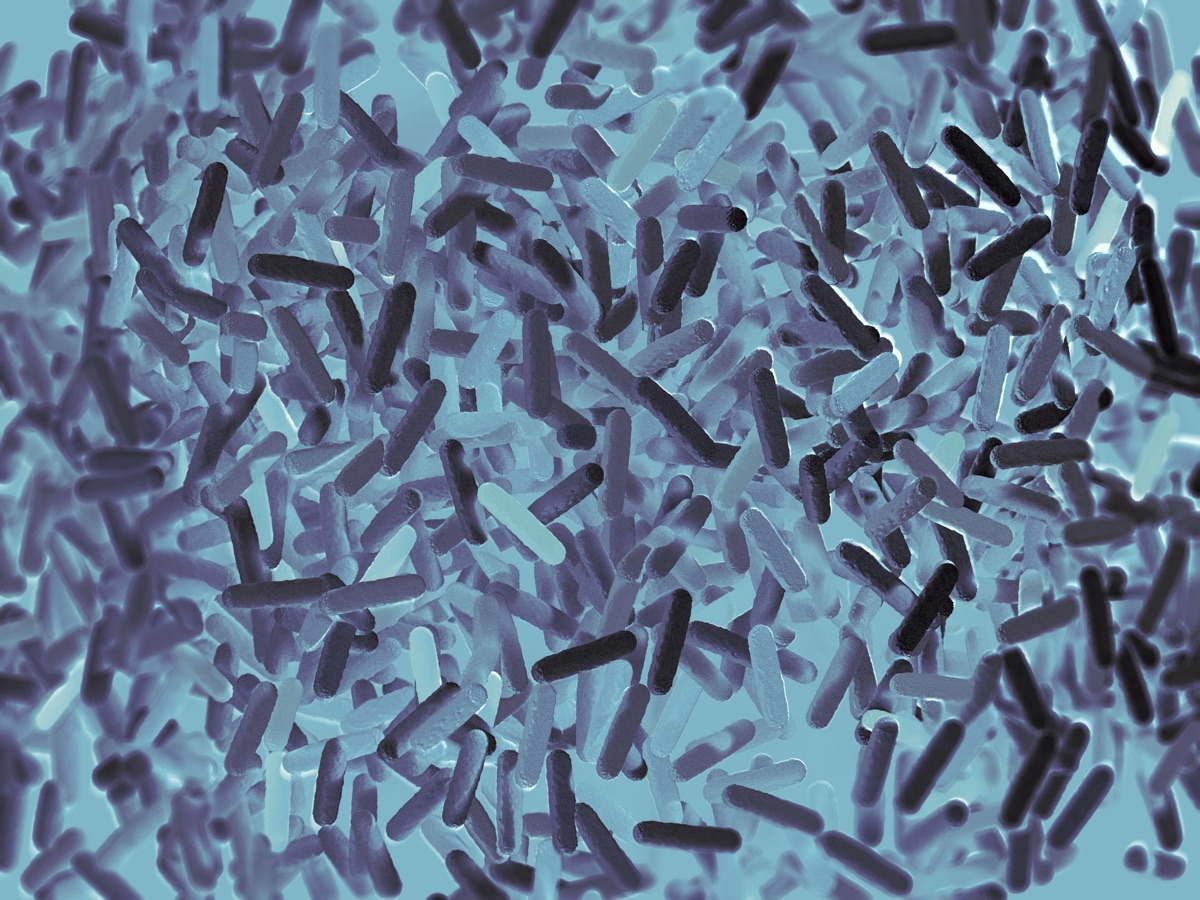How the Bugs In Your Gut Could Affect Your Blood Vessels

Get the world’s most fascinating discoveries delivered straight to your inbox.
You are now subscribed
Your newsletter sign-up was successful
Want to add more newsletters?

Delivered Daily
Daily Newsletter
Sign up for the latest discoveries, groundbreaking research and fascinating breakthroughs that impact you and the wider world direct to your inbox.

Once a week
Life's Little Mysteries
Feed your curiosity with an exclusive mystery every week, solved with science and delivered direct to your inbox before it's seen anywhere else.

Once a week
How It Works
Sign up to our free science & technology newsletter for your weekly fix of fascinating articles, quick quizzes, amazing images, and more

Delivered daily
Space.com Newsletter
Breaking space news, the latest updates on rocket launches, skywatching events and more!

Once a month
Watch This Space
Sign up to our monthly entertainment newsletter to keep up with all our coverage of the latest sci-fi and space movies, tv shows, games and books.

Once a week
Night Sky This Week
Discover this week's must-see night sky events, moon phases, and stunning astrophotos. Sign up for our skywatching newsletter and explore the universe with us!
Join the club
Get full access to premium articles, exclusive features and a growing list of member rewards.
The larger the variety of microbes you have in your gut, the healthier your blood vessels are, a new study suggests.
Researchers found that people with a more diverse microbiome had lower odds of developing atherosclerosis, which is a hardening of the arteries — a condition that's associated with heart attacks and strokes.
The study, published May 10 in the European Heart Journal, is the first to point to a direct connection between the gut microbiome and cardiovascular health. The study found only a connection between the two, however; it didn't prove cause and effect. [5 Ways Gut Bacteria Affect Your Health]
The gut microbiome — an enormous collection of bacteria, yeast, viruses and other types of microorganisms living in people's digestive tract — has attracted significant scientific attention in the past several years. And previous research has found that a lack of diversity in a person's so-called "good" gut microbes could be linked to the development of various ailments, said senior study author Ana Valdes, an associate professor of medicine and health sciences at the University of Nottingham School of Medicine in England.
A number of diseases — and, in particular, inflammation-related conditions — are linked to low microbiome diversity, Valdes told Live Science. The link with "gut diseases, such as the inflammatory bowel disease, are quite obvious," but low microbiome diversity has also been found to be connected to conditions such as arthritis, psoriasis, eczema and allergies, she said.
Type 2 diabetes, obesity and weight gain also appear to be linked to a poor selection of gut bugs, Valdes said. Because these conditions are known risk factors for heart disease, Valdes and her colleagues wanted to determine whether low microbiome diversity was directly linked to poor heart health, or if it instead was linked to type 2 diabetes, obesity and weight, which, in turn, are tied to poor heart health.
To study the link, the researchers asked more than 600 middle-age female twins from the TwinsUK registry to donate stool and blood samples. In addition, the researchers measured the blood vessel stiffness of the participants, to assess the degree of atherosclerosis. (Valdes cautioned that because the study looked only at British women and included no men or representatives of other countries, it's unclear whether the results apply to other groups.)
Get the world’s most fascinating discoveries delivered straight to your inbox.
The stool and blood samples provided the researchers with information about each person's microbiome diversity. These results were then compared with the blood-vessel-stiffness measurements.
"Arterial hardening can be related to diabetes, which can be correlated with low gut microbiome diversity," Valdes said. "But in our data, we found that [blood vessel stiffness] was not due to obesity or diabetes in these people. [Instead], the gut microbiome seems to be having [a direct] effect … on arterial hardening."
The researchers found that one family of microbes in particular was tied to blood-vessel stiffness: The less diversity in the types of microbes from this group, called Ruminococcaceae, the higher the level of blood-vessel stiffness was.
Valdes speculated that the connection between blood-vessel stiffness and low gut microbiome diversity might be via inflammation.
"It's known from other research studies that people who have more inflammation — for example, people who have an inflammatory form of arthritis — when you give them specific drugs that reduce inflammation," blood-vessel stiffness also goes down, Valdes said.
Val Edward-Jones, a member of the Society for Applied Microbiology who was not involved with the study, said the findings could possibly pave the way for new treatments of atherosclerosis based on dietary approaches.
The study "highlights some very interesting findings between the gut microbiome" and blood-vessel stiffness, Edward-Jones told Live Science. "If certain microorganisms are associated with arterial hardening as this study suggests,” people could potentially alter their gut bacteria with changes to their diet.
People can improve their gut microbiome diversity by getting more fiber, probiotics and omega-3 fatty acids into their diets, Valdes said.
Originally published on Live Science.

 Live Science Plus
Live Science Plus










